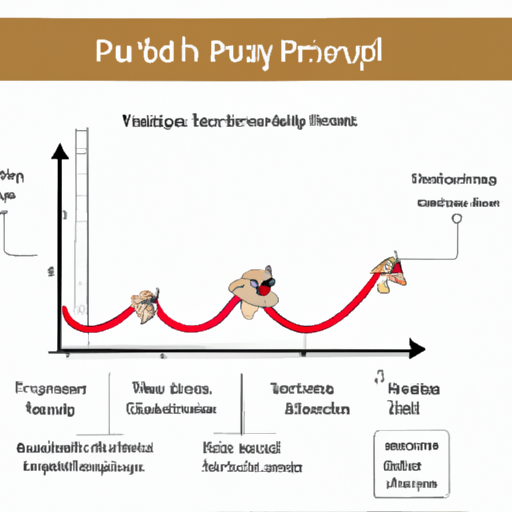Introduction
As the caregiver of a puppy, you might often wonder about the growth and development of your furry friend, especially in terms of their dental health. This guide will provide an in-depth look into the timeline of a puppy’s dental development and help you understand what to expect.
Understanding Puppy Teeth
Puppies, akin to human babies, are born without teeth. Their baby teeth, also known as deciduous or milk teeth, start to emerge when they are about 2-3 weeks old. Here’s a general timeline:
- 2-4 weeks: Incisors (the small front teeth) begin to emerge.
- 3-6 weeks: Canines (the long, pointed teeth) start to show.
- 4-12 weeks: Premolars (the teeth located towards the back of the mouth) come in.
Remember, these are average timelines and your puppy might be a little early or late.
Puppy Teeth Age Chart
| Age | Teeth |
|---|---|
| 2-4 weeks | Incisors |
| 3-6 weeks | Canines |
| 4-12 weeks | Premolars |
Losing Baby Teeth
Your puppy will start losing their baby teeth around three months old to make room for their adult teeth. This process is usually complete by six months, but again, this can vary.
- 3-4 months: Your puppy’s incisors are typically the first to fall out.
- 4-6 months: The canines and premolars follow suit.
Adult Teeth in Puppies
Adult teeth start to replace the baby teeth as soon as they fall out. Here’s what you can expect:
- 3-5 months: Adult incisors begin to emerge.
- 4-6 months: Adult canines and premolars start to show.
- 5-7 months: Molars, the large teeth at the back, come in. These are new additions – puppies don’t have baby molars.
Puppy Dental Care
Just like humans, puppies need dental care to ensure their teeth and gums stay healthy. Here are some tips:
- Start brushing their teeth as soon as they start coming in.
- Use a toothpaste designed for dogs.
- Get them used to having their mouth handled.
- Provide them with chew toys that promote dental health.
Common Puppy Dental Problems
Be aware of these potential issues:
- Retained baby teeth: Sometimes, a baby tooth doesn’t fall out and can cause problems like gum irritation and tartar build-up. If you notice your puppy has a double set of teeth, contact your vet.
- Misaligned teeth: This can cause difficulty eating or pain. Your vet can determine if treatment is necessary.
- Broken teeth: Puppies are curious and might chew on things that can break their teeth. If you notice a broken tooth, it’s important to have it examined by a vet.
FAQs
When do puppies get their teeth?
Puppies start getting their teeth at around 2-3 weeks of age, starting with their incisors followed by canines and premolars.
When do puppies lose their teeth?
Puppies usually start losing their teeth at around 3 months of age.
How many teeth do puppies have?
Puppies have 28 baby teeth.
How many teeth do adult dogs have?
Adult dogs have 42 teeth.
What should I do if my puppy has a double set of teeth?
This usually indicates a retained baby tooth. You should contact your vet.
Conclusion
Understanding your puppy’s dental development can help you provide the best care for them. Remember to monitor their dental health and consult your vet if you notice anything unusual. With the right knowledge and care, you can ensure your puppy grows into a healthy adult dog with a great set of teeth.



